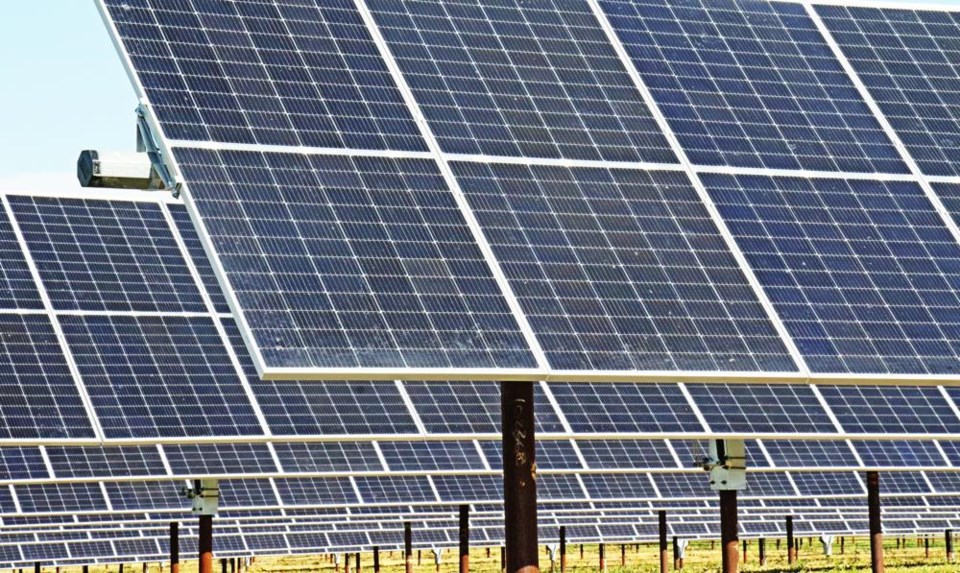It’s time to bid farewell to “just transition” and “net zero” in Canada’s energy lexicon. These terms once helped articulate key principles during pivotal moments in the country’s energy evolution. But their usefulness has faded. Now, instead of driving progress, they spark division and confusion. Canada’s energy sector urgently needs fresh language – terms that reflect the complexities of modern systems and inspire actionable solutions for the future.
This conclusion emerged during a recent discussion with a group of experienced and passionate individuals deeply invested in energy systems change. The conversation was refreshingly apolitical, free from the usual ideological trappings. Despite our varied perspectives, we all agreed: “just transition” and “net zero” no longer serve their intended purpose.
Both phrases were powerful tools when they first appeared. They were products of what you might call neologistical thinking – creating new terms to capture ideas so novel that existing language couldn’t quite define them. These “linguistic packhorses” carried the weight of aspirations for fairness in energy systems and ambitious climate goals. But, as with anything overused and overburdened, they’ve worn out, losing their ability to bridge divides and foster understanding.
For example, “just transition” was born to highlight energy inequality and ensure that vulnerable populations weren’t left behind in the shift to sustainable systems. This concept remains crucial in Canada, where rural and Indigenous communities often face higher energy costs and less reliable infrastructure. The term did its job for a while, prompting important conversations about equity. But as it became politicized, its power to unite waned. To some, it came off as overly “woke” or impractical, while others used it as a catch-all for any energy-related transition. Instead of sparking collaboration, it began to sow division.
“Net zero” faced a similar fate. Once, it symbolized hope – a bold vision of balancing greenhouse gas emissions with removal efforts to combat climate change. But over time, the term became tied to unattainable deadlines and oversimplified solutions. Even its most ardent defenders have grown weary as incremental progress fails to meet lofty promises. In Canada, where oil and gas are central to the economy, “net zero” has become particularly contentious. The term often ignites political and ideological battles rather than inspiring collective action.
These terms’ decline highlights a bigger issue: language often struggles to keep pace with the complexities of high-stakes, multi-stakeholder challenges like energy transition. Words that once felt adaptive and inclusive now seem rigid and inadequate. In Canada, this is especially clear. Stakeholders frequently use the same terms but with wildly different interpretations, leading to confusion and mistrust.
For instance, “just transition” might evoke fairness and equity for some, while others see it threatening economic stability in energy-dependent regions like Alberta. Similarly, “net zero” can signal hope for a sustainable future – or come across as a politically driven buzzword detached from reality.
As the group agreed, language must evolve alongside the energy systems it describes. The stakes are too high to let outdated or polarizing terms hold us back. New words and phrases must emerge – ones that capture today’s challenges and inspire collaboration across diverse perspectives.
These new terms probably won’t come from think tanks or government committees. They’re more likely to arise organically, shaped by the push-and-pull of socio-economic and political forces. But they’ll need to resonate broadly – from urban centres to rural communities – if they’re going to drive meaningful change.
That doesn’t mean we should dismiss the contributions of “just transition” and “net zero.” These terms sparked crucial conversations about energy equity and climate ambition that might not have happened otherwise. Their legacy should guide us as we craft new language to address the realities of today and tomorrow.
Canada’s energy sector faces unprecedented challenges, and precise, inclusive language will be essential to navigating them. The words we use matter – they shape how we understand problems and inspire solutions. While “just transition” and “net zero” played their part, the time has come to replace them with terms that better reflect the complexities and opportunities ahead.
So, farewell, “just transition” and “net zero.” Your contributions are appreciated, but it’s time for new language to guide the next chapter of Canada’s energy transformation. Let’s move forward with words that unite rather than divide and ideas that drive real progress.
Bill Whitelaw is a director and advisor to many industry boards, including the Canadian Society for Evolving Energy, which he chairs. He speaks and comments frequently on social licence, innovation and technology, and energy supply networks.
©
The commentaries offered on Â鶹ÊÓƵ.ca are intended to provide thought-provoking material for our readers. The opinions expressed are those of the authors. Contributors' articles or letters do not necessarily reflect the opinion of any Â鶹ÊÓƵ.ca staff.




